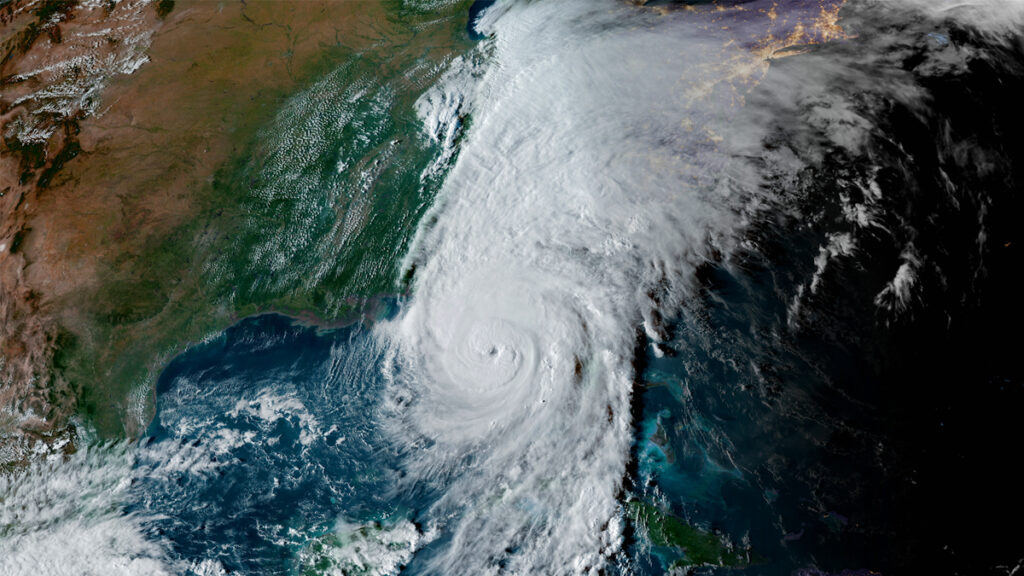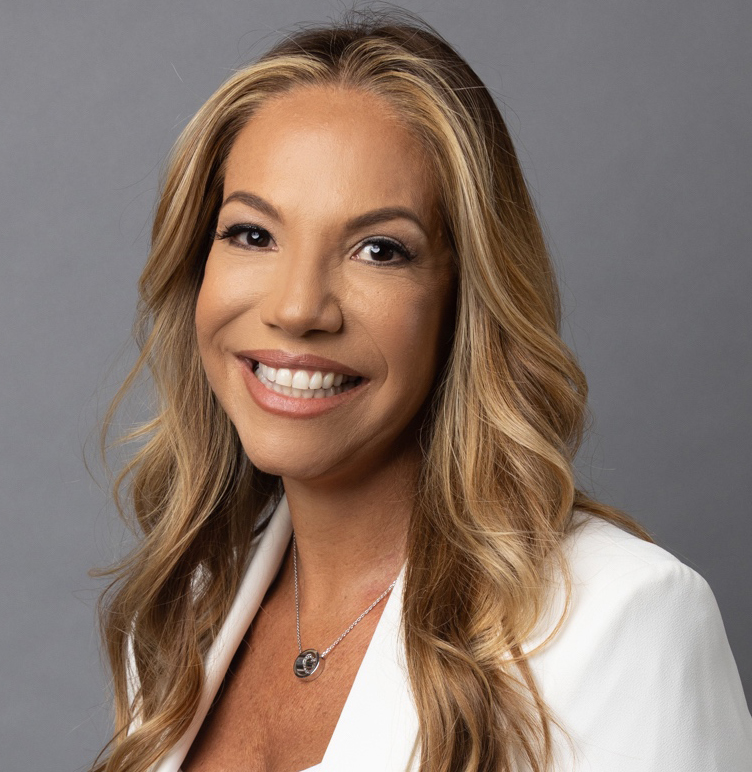By Thais Lopez Vogel, VoLo Foundation
The 2025 Atlantic hurricane season is shaping up to be another active one, and scientists are warning us loud and clear.
According to the National Oceanic and Atmospheric Administration (NOAA), there’s a 60% chance of an above-normal season and only a 10% chance of a quieter-than-usual one. Their forecast includes 13 to 19 named storms, six to 10 hurricanes and three to five major hurricanes, defined as Category 3 or higher with winds over 111 mph. NOAA officials say they have 70% confidence in these projections, supported by state-of-the-art forecasting systems designed to help save lives.
Yet no matter how good our forecasting gets, the reality is that storms themselves are getting worse and climate change is a driving force behind them.

At the Colorado State University (CSU) hurricane center, researchers predict an even more active season than NOAA: 17 named storms, nine hurricanes and four intense hurricanes. Their measure of overall storm energy, called Accumulated Cyclone Energy (ACE), is forecasted to reach 155, which is 26% above the long-term average.
So, what’s causing this persistent intensification? The science is clear. As NOAA puts it: “Warmer waters fuel more energetic storms.”
That heat is increasingly abundant. Oceans are absorbing more of the Earth’s rising temperatures, and warmer waters provide the energy hurricanes need to form, intensify and maintain their strength. In recent decades, we’ve seen storms become more likely to intensify rapidly, produce heavier rainfall and cause damage far inland, as seen with hurricanes Helene and Debby just last year.
This isn’t a coincidence. It’s physics.
We must trust the science. For years, climate scientists have warned that warming oceans and a hotter atmosphere would strengthen hurricanes. Forecasts from NOAA and CSU, both based on decades of data, confirm this trend.
And while governments must continue to improve emergency response and infrastructure, we all have a role to play. If you live in a vulnerable area, prepare now: have an evacuation plan, stock up on essentials and pay attention to local warnings.

But preparation alone is not enough.
We urgently need a transition to clean, renewable energy. Not tomorrow, but today. The longer we continue burning fossil fuels, the more we supercharge the planet’s natural systems with dangerous consequences. The next decade will determine whether future hurricane seasons grow even more severe.
Change also starts at home. Save energy, go green, waste less and vote for leaders who take climate action seriously. Each action may seem small, but together they create a powerful shift.
In a world where the weather is becoming more extreme, the most effective response is to live sustainably. Not just to survive, but to actively help drive the shift in mindset we urgently need.
Let’s face the 2025 hurricane season with open eyes, guided by science, and prepared to act before the next storm makes landfall.
Thais Lopez Vogel is the cofounder and trustee of VoLo Foundation, a private family organization that exists to accelerate change and global impact by supporting science-based climate solutions, enhancing education and improving health. VoLo Foundation is a financial supporter of The Invading Sea. Banner photo: The sun rises over the ocean (iStock image).
Sign up for The Invading Sea newsletter by visiting here. To support The Invading Sea, click here to make a donation. If you are interested in submitting an opinion piece to The Invading Sea, email Editor Nathan Crabbe at nc*****@*au.edu.



